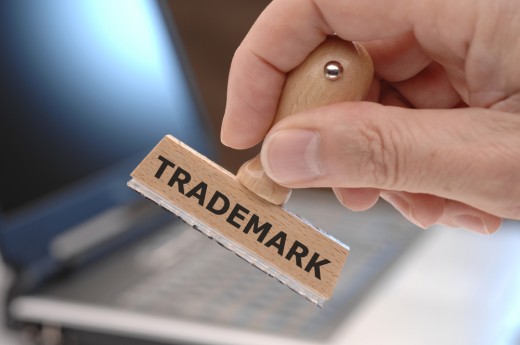 Brand owners often face the choice of being a prior owner or a prior user of a trademark. It is not always the prior owner of a mark who succeeds in getting the support of the courts. The Trademark Rules, 2017, also support the principle that trademark owners must establish actual use of the mark before they can enforce their intellectual property rights.
Brand owners often face the choice of being a prior owner or a prior user of a trademark. It is not always the prior owner of a mark who succeeds in getting the support of the courts. The Trademark Rules, 2017, also support the principle that trademark owners must establish actual use of the mark before they can enforce their intellectual property rights.
The main defendant, Sujata Home Appliances Ltd, applied to the court to modify its earlier interim decision that restrained it from using the disputed mark ‘Sujata’ in the manufacture and sale of water purifiers, water filters, and reverse osmosis (RO) systems within class 11. The plaintiff, Mittal Electronics, had been the registered proprietor of that trademark in class 11 since 1991, but had not used it for goods in that class since then. The defendant had been granted registration and had been using the mark since 2008 for goods in class 11. The defendant also alleged that the plaintiff had concealed facts by not disclosing to the court the defendant’s registration and use of the mark for products in that class. The court held in favour of the defendant and modified its earlier decision.In the recent case of Mittal Electronics v Sujata Home Appliances Ltd and Ors, the Delhi High Court upheld the importance of using a registered trademark. The case followed the judgment of the Supreme Court in Nandhini Deluxe v Karnataka Cooperative Milk Producers Federation Ltd, which held that the protection of a trademark is limited to the goods and services for which it is used and not for the complete class of goods and services for which it has been registered.
The court drew a comparison with the case of Nandhini Deluxe and noted that an entity may subsequently register a similar trademark in the same class of goods even if an earlier registration exists for the same trade name. The only pertinent condition is that the subsequent entity should use its trademark for different goods than those of the prior owner. The prior owner may have registered trademark ownership for all goods in the class; however, without the owner establishing prior use or the intention to use the trademark in respect to such goods, the subsequent owner will have a better right to the trademark if they put it to use. In such cases, the subsequent entity does not have to dispute the prior ownership before applying for registration if the prior owner is not dealing in the particular goods.The court held that the plaintiff had brought the case to restrain the defendants from manufacturing and selling geysers, water purifiers and RO systems, and juicers, mixers, and grinders which are classified in class 11. However, the plaintiff never sold water filters, water purifiers, or RO systems under the mark ‘Sujata’ and did not claim any prior use. The plaintiff was therefore not justified in seeking protection under the ambit of class 11.
Finally, the claims of the plaintiff were weakened because they concealed major details from the court. A party is expected to come with clean hands to the court before accusing another of wrongdoing. By concealing the fact that the director of the defendant company was the proprietor of the mark ‘Sujata’ for water filters, water purifiers, and RO systems in class 11, and on the substantive law the plaintiff was denied the injunction.
The plaintiff also failed to prove that the defendants were defrauding consumers by pretending to be the plaintiff company. The plaintiff was recognized as the prior owner and user of the mark ‘Sujata’ but only in respect of mixers, grinders and blenders in class 11. The defendant was recognized as the prior owner and the only user of the trademark for water filters, water purifiers and RO systems in class 11.
The decision of the high court has upheld the principle that the businesses of two entities may include the same class of goods, but the fact that the goods are different may allow both entities to use the same trademark. The plaintiff was found to be squatting on the trademark without putting it into use for particular products. This abuse of prior ownership has been criticized by intellectual property professionals internationally, as it hampers the ability of another brand to establish its identity.
Manisha Singh and Simran Bhullar discuss this in the view of Delhi High Court’s latest order in the Sujata case.
1st published in India Business Law Journal



